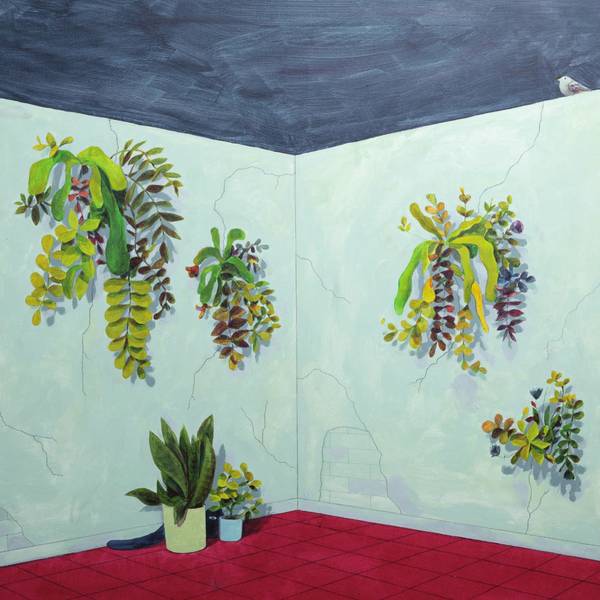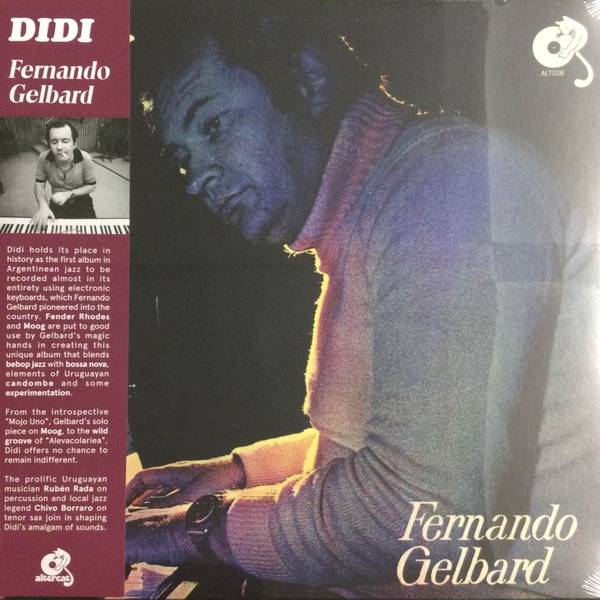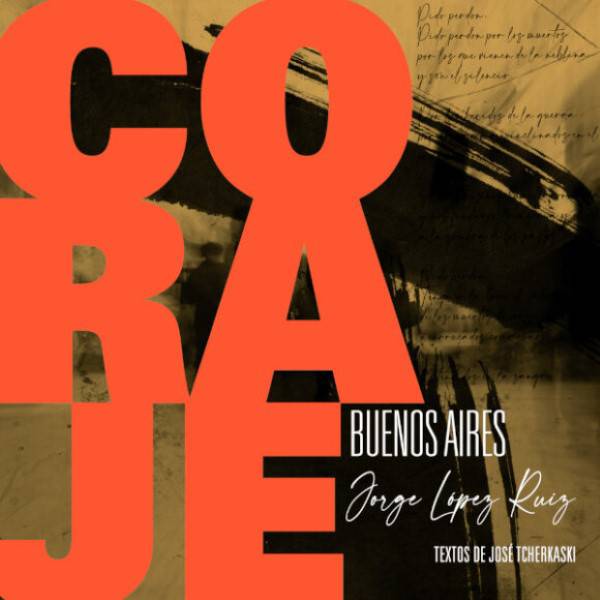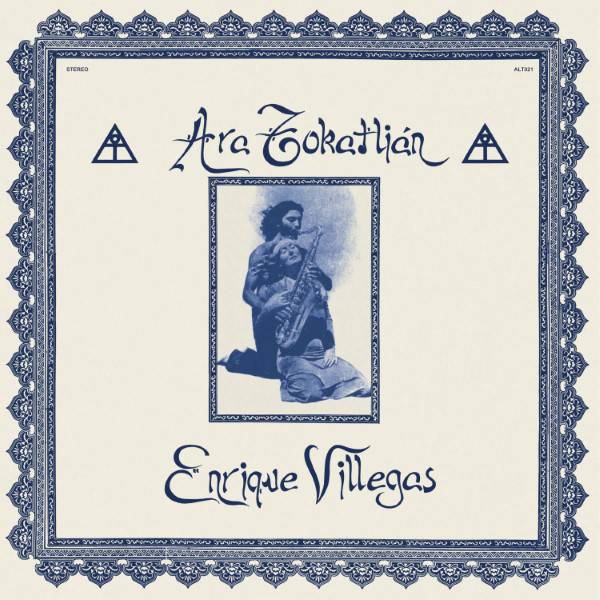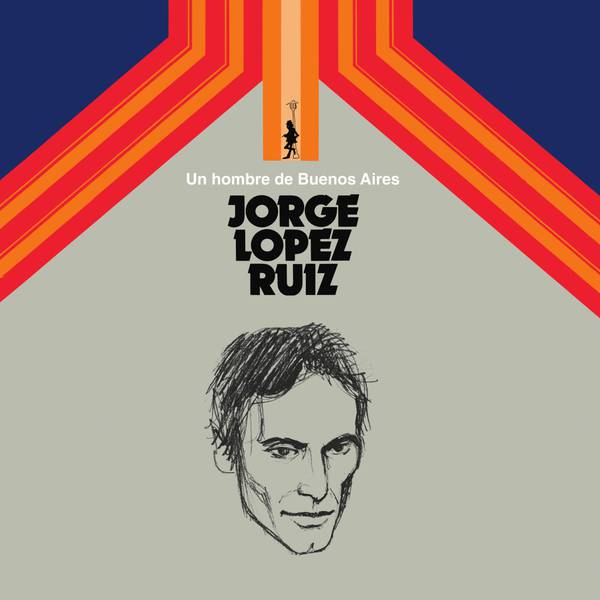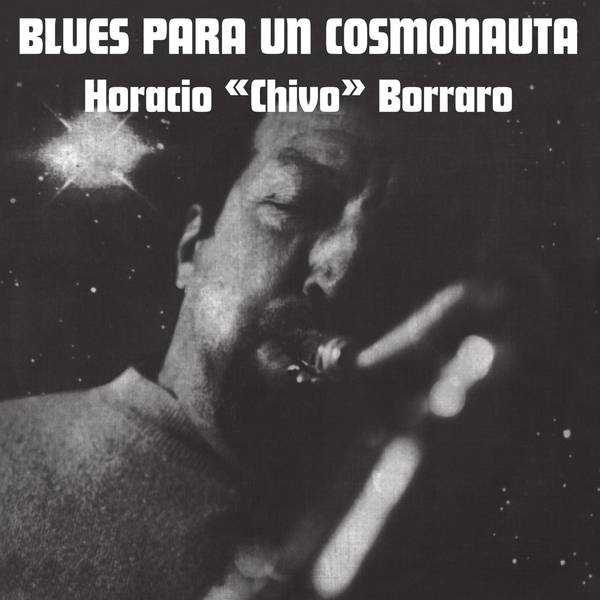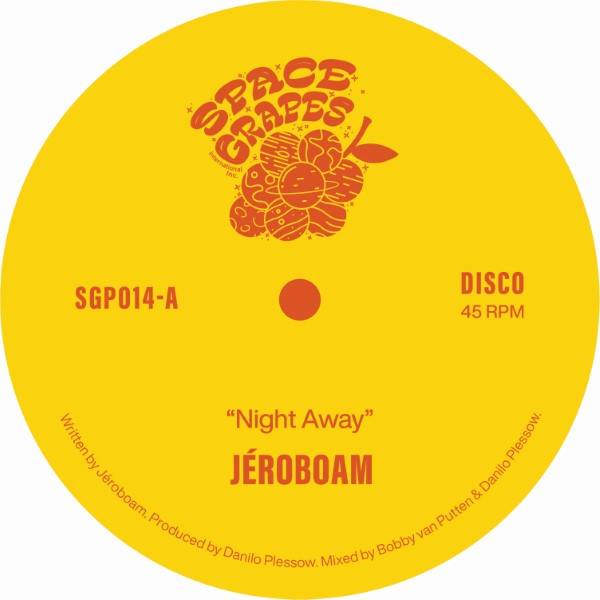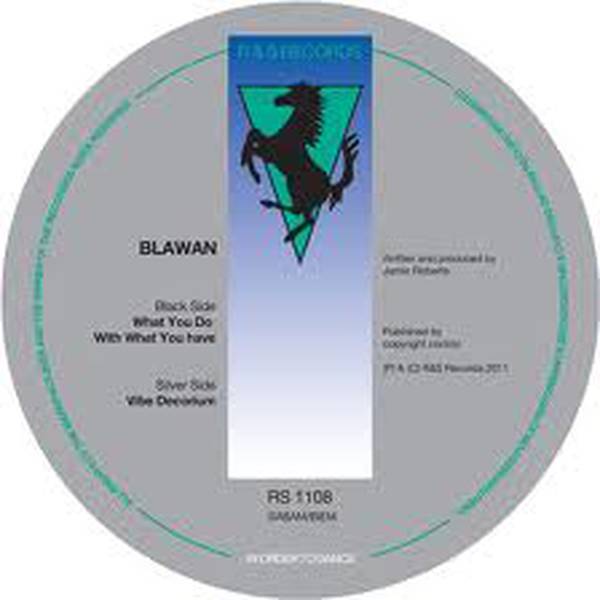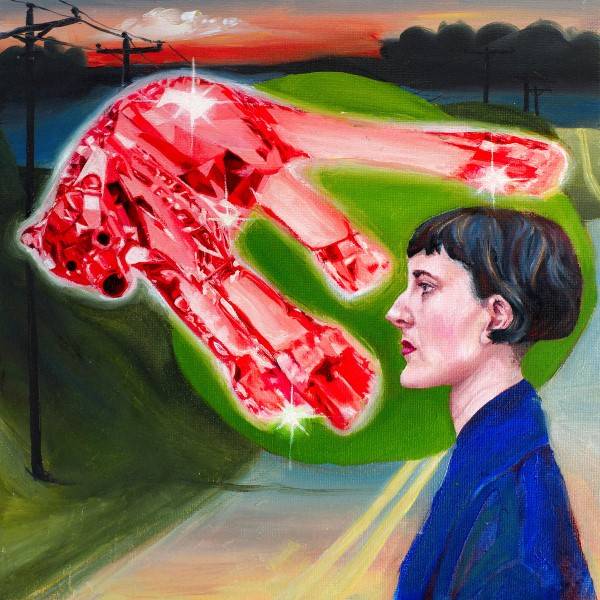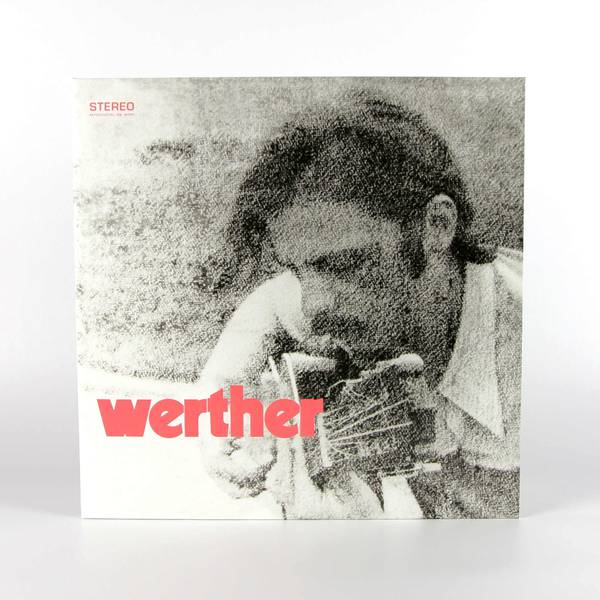
Tax included, Shipping not included
1970’s best-kept Bossa Nova secret. Surrounded by mystery for nearly 50 years due to its obscurity, this is one of the most honest, personal and unpretentious albums of its genre. A selection of 12 exquisitely crafted songs supported by measured, subtle arrangements.
The list of musicians born or raised in the Tijuca district of Rio de Janeiro is long and illustrious and includes names that have shaped Brazilian music: Tom Jobim, Roberto Carlos, Tim Maia,Milton Nascimento, Jorge Ben or Erasmo Carlos – to mention but a few. We can now add to that list another name: Werther. In 1970, a man by that name recorded an album unique in its personality, its honesty, and its lack of pretense. In a time when Bossa Nova had become a global phenomenon and its main characters were already household names in Brazil, Werther assembled a collection of songs that uncannily – almost naively – remind us of the time when Bossa Nova was just a group of youngsters making music. His songs are about simple things: bohemian life, the sea, love.
Despite Werther and his friends being only in their teens, without any previous experience recording music, those working behind the scenes were not equally amateur. Producer Peter Keller had already worked with Aloysio De Oliveira in the quintessential Bossa Nova label Elenco, and was also an initial partner in Roberto Quartin’s cult label Forma. Studio owner Bill Horne was a very loved character in the Rio jazz scene who had regularly taken part in the legendary meetings in Nara Leão’s apartment and befriended some of Brazil’s most respected musicians. Some of these musicians were, for example, Naná Vasconcelos and Edison Machado, who provided small contributions to Werther’s album.
It was only in the 1990’s that Werther’s album was rediscovered by a handful of collectors and Brazilian music enthusiasts, who recognised in it a purity that had already vanished from the mainstream Bossa Nova recordings. But due to the haziness around the original release and the relative anonymity of its instigators, many questions surrounding these recordings were left unanswered. It is only today that we are able to disclose the full story behind Werther’s short-lived contribution to Brazilian music.
Details
Genre
Release Date
20.11.2019
Cat No
ALT007
Produkt- und Herstellerinformationen
